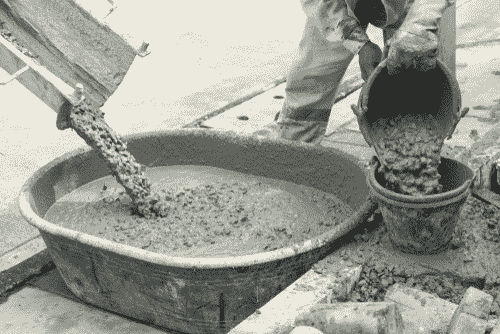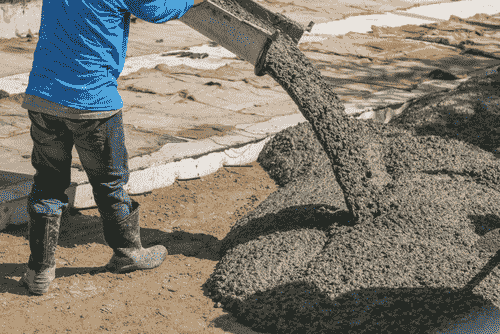Residential and Commercial Concrete Services: Customized to Your Project Demands
Unveiling the Eco-Friendly Advantages of Using Recycled Concrete in Sustainable Building Practices
In the world of lasting construction practices, the application of recycled concrete stands as a critical yet commonly undervalued source. Past its standard applications, recycled concrete deals a myriad of eco-friendly benefits that expand far past the boundaries of typical building products.
Environmental Advantages
By incorporating recycled concrete into construction practices, there is a substantial reduction in the need for brand-new raw products, leading to conservation of all-natural sources. Furthermore, the usage of recycled concrete decreases the amount of waste being sent to land fills, therefore minimizing ecological air pollution and easing the stress on landfill abilities (Concrete).

Moreover, the production of typical concrete is a significant resource of carbon discharges because of the energy-intensive procedure of concrete production. On the other hand, recycled concrete has a reduced carbon footprint as it decreases the need for new concrete manufacturing. This decrease in carbon emissions adds to mitigating climate adjustment and supports sustainable building and construction methods. On the whole, the ecological advantages of making use of recycled concrete are substantial and play a crucial function in promoting green building approaches.
Cost-Efficiency
Accomplishing cost-efficiency is a paramount consideration when analyzing the application of recycled concrete in construction projects. One of the essential advantages of making use of recycled concrete is its cost-effectiveness contrasted to conventional concrete. The production of recycled concrete includes much less power and sources as it uses existing products, decreasing the general task prices considerably. Additionally, the availability of recycled concrete locally can further decrease transport expenses, making it an extra cost-effective choice for building and construction jobs.
Furthermore, the use of recycled concrete can result in financial savings in landfill prices by diverting concrete waste from disposal sites. This not just reduces the ecological impact however likewise removes the costs related to waste removal. Furthermore, the durability and performance of recycled concrete approach standard concrete, ensuring that cost financial savings do not endanger the high quality of the building and construction.
Sturdiness and Toughness
Recycled concrete offers similar, if not superior, longevity and strength properties to standard concrete - Concrete. Through improvements in processing methods and article quality control, recycled concrete can fulfill or exceed the performance criteria of conventional concrete.

Waste Reduction
Effective waste decrease practices play a critical role in the sustainable use of sources within the construction market. Waste decrease is a key benefit that contributes substantially to ecological conservation when it comes to using recycled concrete. Standard building and construction methods frequently produce significant amounts of waste, particularly in the type of concrete debris from demolition websites. By including recycled concrete right into building and construction projects, this waste is repurposed and diverted from landfills, minimizing the total ecological influence of building activities.
Additionally, the use of recycled concrete can lead to set you back savings for building and construction projects, as it is usually much more inexpensive than sourcing and moving new materials - Concrete. In final thought, waste decrease via the usage of recycled concrete is a crucial part important site of sustainable construction techniques that benefits both the construction and the atmosphere sector as a whole.
Power Conservation
When it comes to making use of recycled concrete in construction, substantial energy cost savings are achieved contrasted to conventional concrete production. The process of producing recycled concrete includes reusing and crushing existing concrete materials, which consumes much less power than mining, handling, and moving raw materials for new concrete production.
Conclusion
Finally, the use of recycled concrete in sustainable building and construction methods supplies various ecological advantages, cost-efficiency, toughness, toughness, waste reduction, and power conservation. By incorporating recycled concrete into building projects, we can add to a more lasting and ecologically pleasant future. It is crucial for the building industry to prioritize making use of recycled products to help in reducing the environmental influence of construction activities.
One of the key advantages of using recycled concrete is its cost-effectiveness contrasted to traditional concrete.Furthermore, the use of recycled concrete can lead to savings in land fill costs by drawing away concrete waste from disposal websites. The durability and efficiency of recycled concrete are similar to conventional concrete, guaranteeing that cost financial savings do not jeopardize the quality of the building.
:max_bytes(150000):strip_icc()/in-depth-look-at-concrete-flooring-1314684-02-8fdb599f92a747ed94ef5b96110abfc1.jpg)